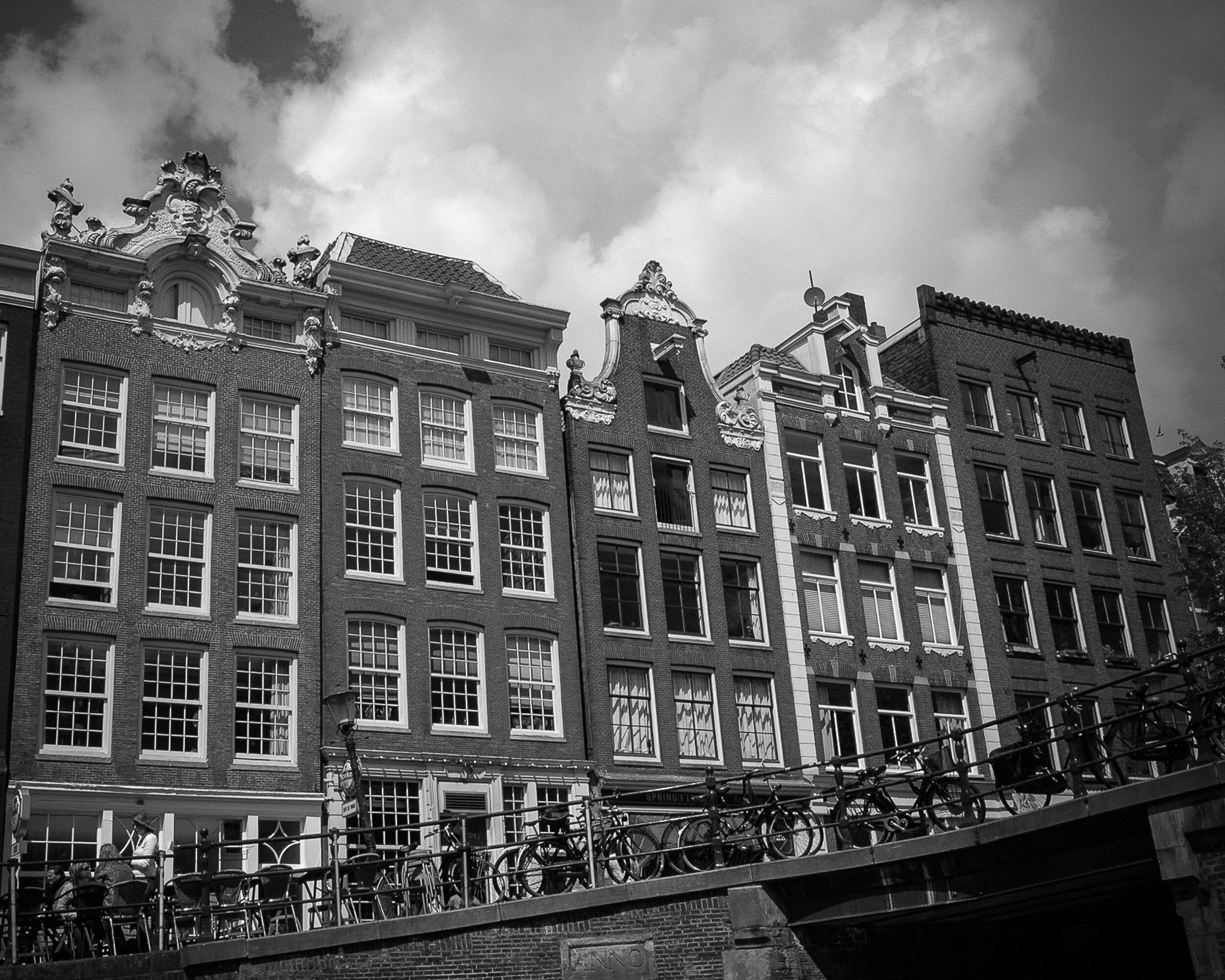Is Photography Art?
Can Photography be considered an art form, or is it just creating a copy of reality?
Update, July 2019:
The article below was originally published on this blog in 2016. At that time my focus was predominantly on creating images of landscapes, cities, architecture, and airplanes, and the conclusion that photography is art was quite clear to me.
Now that I am moving more towards documentary/street photography I need to revisit the question and make it more specific about these genres.
Following the same reasoning as I did before, I actually come to the same conclusion:
Good street photography, street photography with a soul, needs the same or maybe even more creativity and skill to move the viewer. All those decisions the creator of landscape, architecture, still life images need to make are also decisions the street photographer needs to make. Whereas however, in other genres the photographer can take some time to check composition, lighting, etcetera, the street photographer needs to make these decisions within a fraction of a second!
And an additional challenge is that the street photographer knows that she can not make a lot of changes in post-production if any at all. Some cropping and maybe some exposure adjustments are okay, but street photography (and documentary photography even more!) does not 'allow' much of this.
The street photographer needs to master her skills even more than any other genre photographer!
So do I consider street photography art? The answer is a very clear "yes"!
There seems to be quite some discussion with regard to the question "is photography art": is it to be considered an art form on its own, or even at all? Most outspoken probably has been the interchange between The Guardian columnists Jonathan Jones and Sean O'Hagan. The first being a clear opponent of the idea of photography being art. The latter passionately defending the place of photography among the other art forms. My vision, which already might have become clear through an earlier post about fine art and photography, is that photography definitely is an art. Let me explain this a bit more after the break.
Let's start with the definition of the word 'Art' as found in the Merriam-Webster online dictionary.
An important part of that definition reads:
“something that is created with imagination and skill and that is beautiful or that expresses important ideas and feelings”
The key-words we need to focus on here to determine whether photography can meet the criteria of being art are "...created with imagination and skill..."
Taking a photo in my opinion definitely is a creative process. The photographer has to make decisions on how to take and display the picture. Lighting, composition, shutter time, aperture, post-production, printing and/or publishing on digital media are choices each of which have an impact on what the viewer will see and experience.
It is not just an automatic process that results in a visual copy of reality. Even when the photographer uses her camera in fully automatic mode choices have to be made with regard to the composition and lighting: what angle to take the photo from, to take a picture of the whole or of detail, and so on.
And that is only with regard to taking the picture in the first place. World Press Photo has clear rules on what is and what is not allowed with regard to post-production. This is a clear indication that changing the look feel and emotion of a photo is a generally accepted and done thing. It indicates that photographers have the ability and also the 'need' to change pictures to their own artistic insights. To create something according to their imagination. But nothing new here: cropping, dodging, and burning has been done for many years already in the traditional darkroom environment.
For me, imagination is the most important and powerful tool that photographers have to create the image in a way that is most meaningful to them. Having mastered the technical photography skills, however, is necessary to achieve exactly the image as the photographer had in his mind prior to creating it. Without these skills getting the desired bokeh, compressing depth by using telelenses, creating the digital HDR image, printing those saturated colors, will be a process of trial-and-error that even might kill the creative desire.
Caveat: although I appreciate the post-production skills of, and the great images thus created by other photographers, my own approach mostly is to create images as 'natural' as possible and to achieve all effects I want in-camera (the most important exception to this probably being black and white rendering of digital and film images in post-production).
The question "is photography art?" to my opinion definitely needs to be answered with a clear "yes". Photos should be viewed with the same respect as other works of art. And of course: similar to other art forms, in photography, we have the few great masters, and we have the hopeful many. It is up to us, the photographers, and irrespective at what level we are today to keep making our images, and sharing our skills and imagination.


